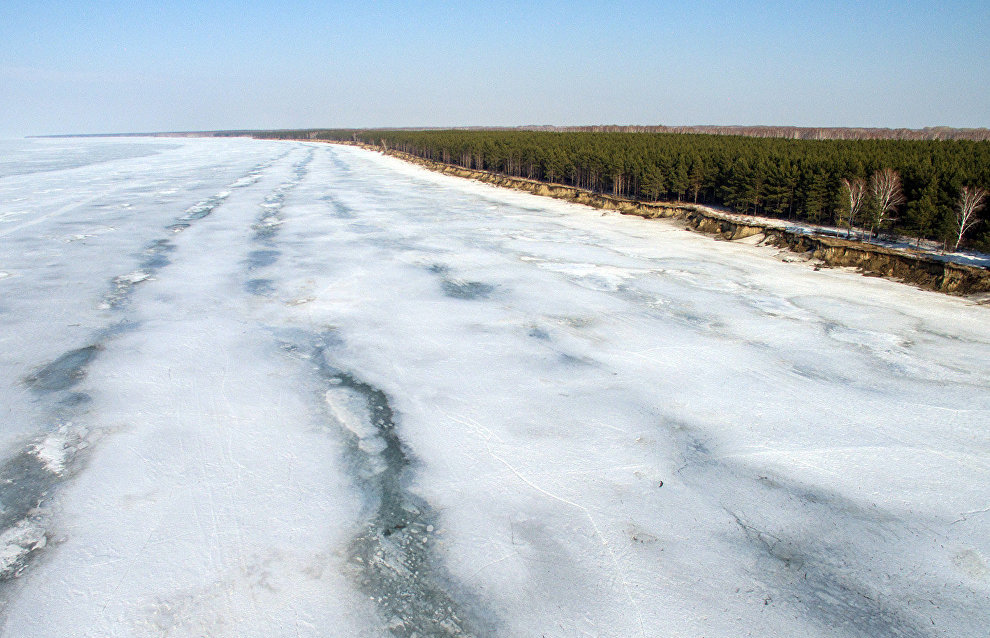European scientists: Sea ice extent in the Arctic is rapidly declining
According to the latest Copernicus Ocean State Report, 120 scientific experts from over 30 European institutes have reported that sea ice extent in the Arctic has declined to a record low level over the past two years.
Arctic ice levels per decade have dropped by nearly 13 percent on average since 1979 to 2020, and the average sea ice thickness in the Barents Sea has reduced by 90 percent.
The experts have concluded that the warming of the Arctic Ocean is contributing to an estimated near 4 percent of the entire global ocean warming. A dramatic decrease in sea ice import from the polar basin could accelerate this process, which has already led to extreme flooding and changes in the species diversity of marine biota.
The scientists cited four consecutive record flooding events in Venice (November 2019), and higher-than-average wave heights in the southern Mediterranean (in 2019). In the North Sea, extreme variability from cold spells and marine heatwaves has been linked to reported changes in the catches of sole, European lobster, sea bass, red mullet, and edible crabs.
“Climate change, pollution, and overexploitation have placed unprecedented pressures on the ocean requiring the urgent need for sustainable measures for governance, adaptation, and management in order to secure the various life support roles the ocean offers for human well-being,” said report chair Karina von Schuckmann from Mercator Ocean International, who coordinated the survey.
The scientists pointed out an unprecedented climate change impact on the ocean. Globally, average sea temperatures went up at a rate of 0.015 Celsius per year from 1993-2019, and there are also other downward trends. For example, oxygen levels (oxygen inventory) in the Black Sea dropped at a rate of -0.16 mol/m2/year from 1955–2019.
Summarizing the international situation of the ocean, the scientists stated a need for ongoing improved development and provision of state-of-the art ocean knowledge and products.
“These tools and technologies, including alert systems, forecasting technologies, and real-time monitoring programs, help to protect marine environments and economic infrastructure, to develop adaptation measures, and to plan for and manage extreme ocean events,” Karina von Schuckmann said.
